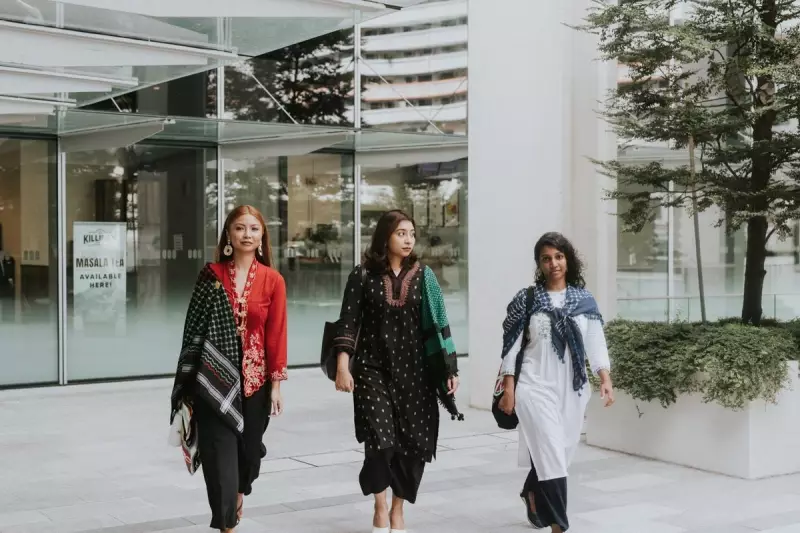
Singapore has intensified its enforcement of strict public assembly laws amid the ongoing Israel-Hamas conflict, leading to multiple arrests and event cancellations related to pro-Palestinian activism.
Police Intervention in Public Demonstrations
Local authorities have detained several individuals for participating in unauthorized protests and displays of solidarity with Palestine. In one notable incident, two activists were arrested for holding placards near the Singapore Embassy, while police have actively monitored and shut down various private gatherings discussing the conflict.
Government's Stance on Foreign Conflicts
The Singapore government maintains a firm position against allowing domestic public expressions related to international conflicts. A spokesperson for the Ministry of Home Affairs reiterated that the city-state's laws prohibit public assemblies without police permits, regardless of the cause being supported.
Activist Voices and Legal Challenges
Prominent activist Kokila Annamalai revealed that a private film screening and discussion about Palestine was cancelled following police intervention. "The authorities contacted the venue owners and pressured them to call off the event," Annamalai stated, highlighting the challenges faced by civil society groups.
Similarly, Mohamed Asrori, another detained activist, reported being questioned for hours about his social media posts and political views regarding the conflict.
Broader Implications for Civil Liberties
These developments have sparked concerns among human rights advocates about freedom of expression in Singapore. The government's rigorous enforcement of public order laws during international crises demonstrates its commitment to maintaining strict control over political discourse within its borders.
Legal experts note that Singapore's Public Order Act requires police approval for any assembly in public places, with exemptions rarely granted for politically sensitive topics.





